A Study on the Optimization of the Bus Network and Exclusive Bus Lane Planning for the City of Tianjin
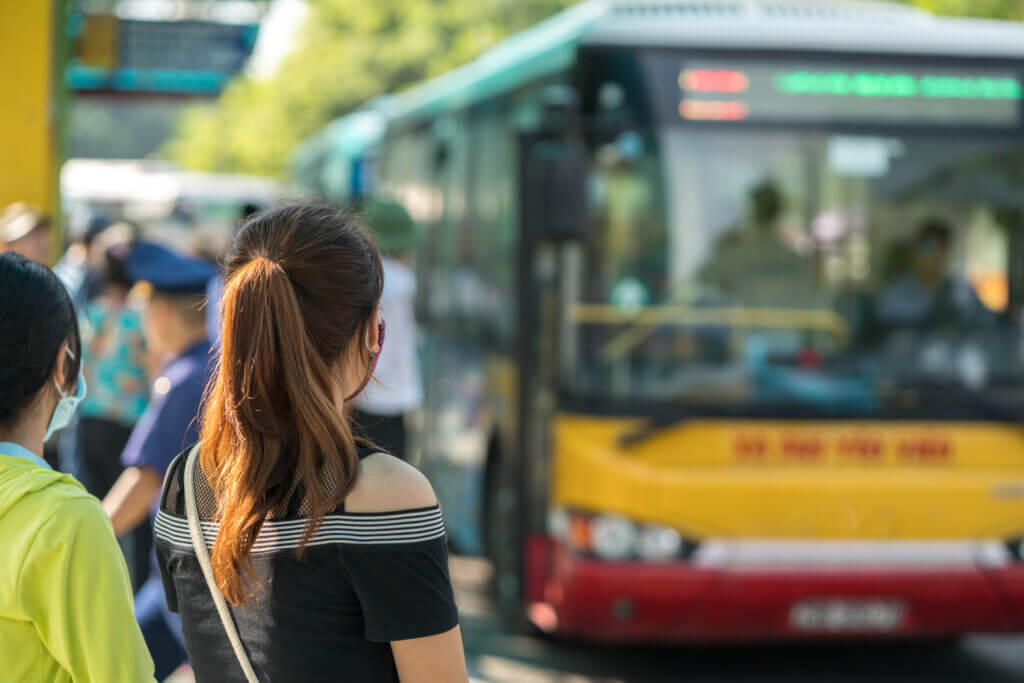
Bus electrification is a systematic programme encompassing not only the procurement of buses, but also the adjustment and optimisation of related bus networks, their operation capacity allocation, as well as the design, construction, and operation of needed charging infrastructure. Covering, amongst other initiatives, all of these aspects relevant to bus electrification, Tianjin’s 14th Five-Year-Plan (FYP) […]
Promoting China’s Transition Towards Sustainable Transport Integration

The advancements in information and communication technologies (ICT) have unlocked new opportunities for innovative urban mobility services. Smartphone-based Mobility-on-Demand (MoD) services such as ride-hailing, dockless bike-sharing or car-sharing have exploded in China on a scale that is incomparable to any other country. For example, in 2019, the number of average ride-hailing orders in China was […]
Zero Emission Freight Initiative Launched at WNEVC 2022 in Beijing
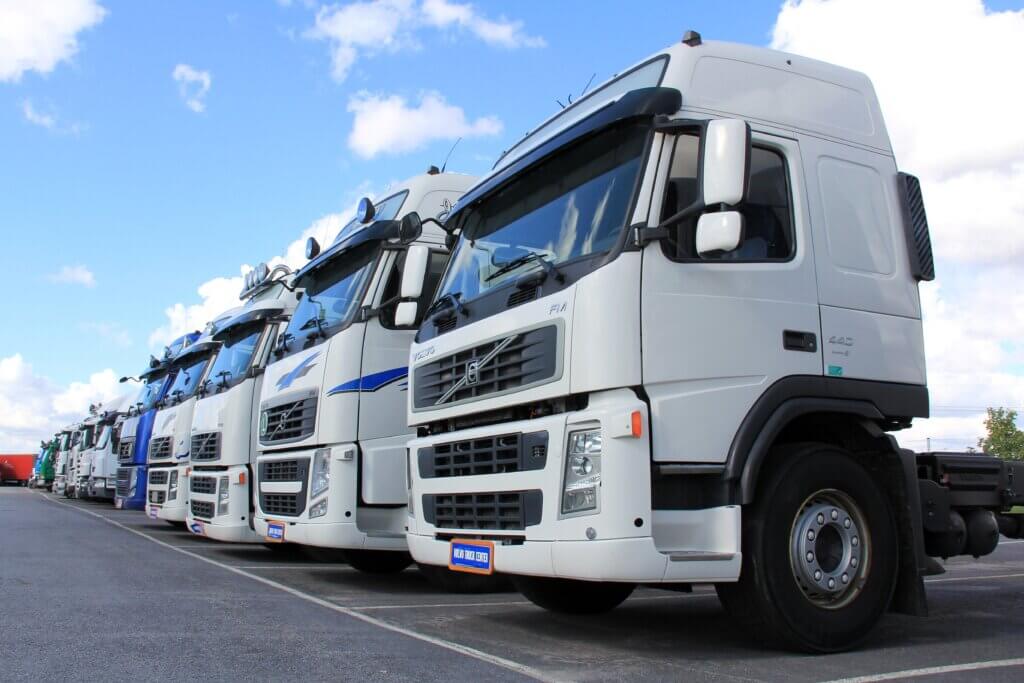
On 26th August 2022, GIZ together with Smart Freight Centre (SFC), Energy Foundation China and other institutes have co-hosted the Zero Emission Medium and Heavy-Duty Commercial Vehicles Forum at the World New Energy Vehicle Congress (WNEVC) 2022[1]. The Zero Emission Freight Initiative (ZEFI), industry voluntary platform, has been launched at the Forum.
The Climate Finance Gap Fund to support the city of Xianning with early-stage project preparation for climate-resilient plans and integrated transport
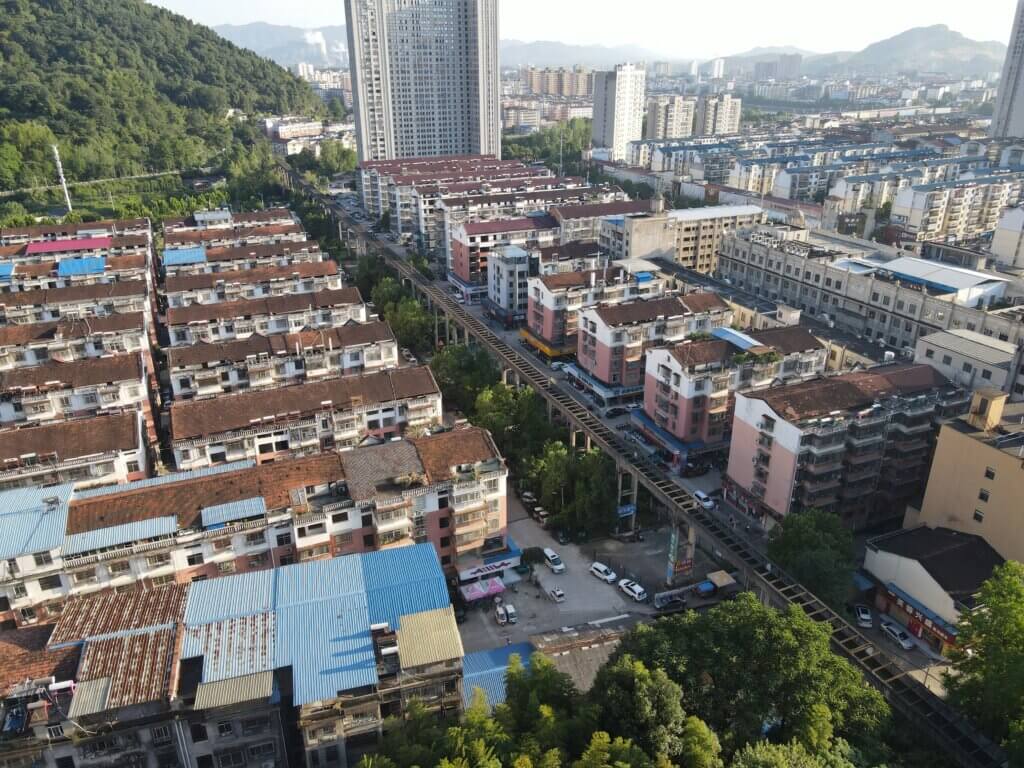
GIZ, on behalf of the City Climate Finance Gap Fund (The Gap Fund), is currently implementing a technical assistance (TA) project to the city of Xianning on its early-stage development of a comprehensive transport infrastructure project concept. The project concept includes both climate change mitigation and adaptation components, such as waterway and greenway, public transport and cycling, water and wastewater infrastructure, and urban regeneration.
Decarbonising China’s Transport Sector – Workshop on Developing Road Transport Carbon Emission Models for Chinese Cities
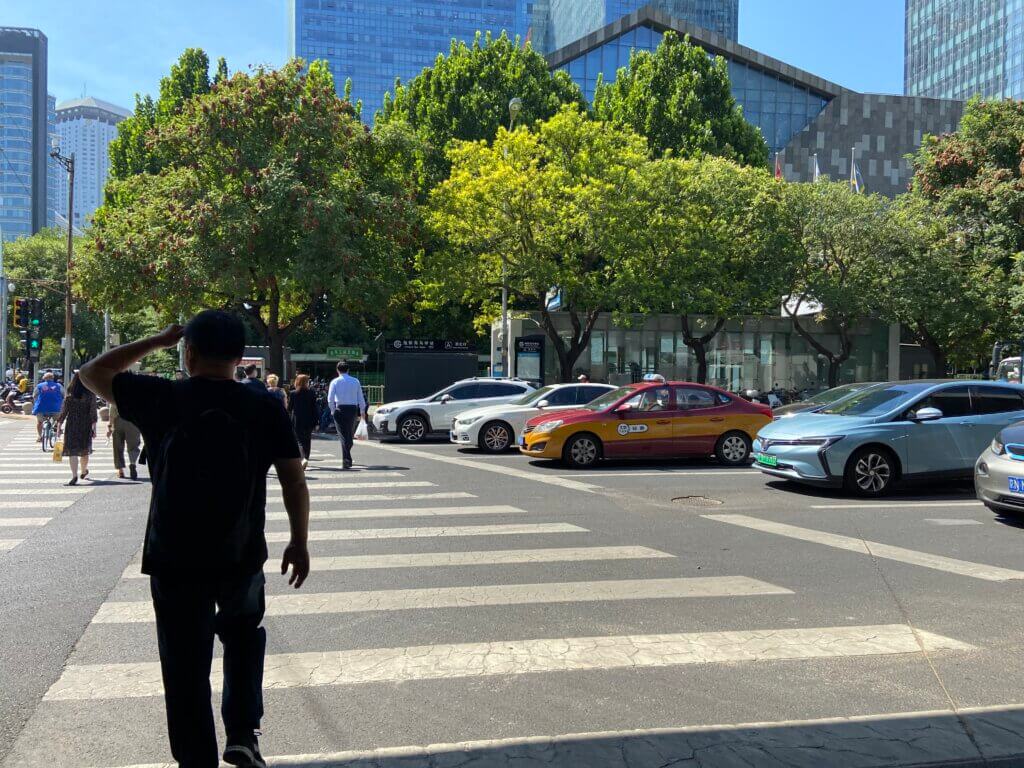
To support Chinese cities by engaging experts and decisionmakers at municipal and provincial levels in introducing best practices from Europe and China in city-level transport emissions model development and applications, a workshop on Decarbonising China’s Transport Sector was held online on 15th August, 2022. This workshop explored the current challenges and opportunities for the establishment of transport emission models and facilitating peer-to-peer learning among Chinese cities/provinces, with a focus on introducing modelling methodologies for urban transport emissions in Chinese cities.
SUMP Foshan Pilot Area Implementation – Stakeholder Discussion on Key Measures

In addition to the city-wide measures developed as part of the SUMP for Foshan, experts from CSTC following the examination of local challenges, needs, and opportunities drafted measures for the pilot area. The suggested measures are in line with Foshan’s own ambitions and key plans for boosting green mobility in the city and tackling growing city-wide transport challenges, such as high car-dependency, congestion, and insufficient connectivity of the public transport and active mobility networks.
Interim Workshop – Establishing an Active Mobility Friendly City Indicator Framework for Chinese Cities

Carbon Transport (CLCT) , China Academy of Transportation Sciences (CATS) of the Ministry of Transport of the People’s Republic of China (MoT) and SinoCarbon. This workshop aims at presenting the interim output of the study, collect expert feedback, and discuss the challenges and solutions in promoting active mobility in China with different stakeholders.
Transport and Climate Change Week 2022: Insights & Experience from China Shared at Global Sustainable Transport Conference

The 5th Transport and Climate Change Week (TCCW) took place between 9th and 13th May, 2022. It is an international conference focused on knowledge-sharing and peer-to-peer exchange on the challenges and best practices for achieving sustainability goals and decarbonisation in the transport sector. Around 1,500 experts and decision-makers from around the world joined the week-long conference through its online platform, where they could follow and engage with the events, as well as connect in online networking spaces.
Insights from China: How can we decarbonise the transport sector?
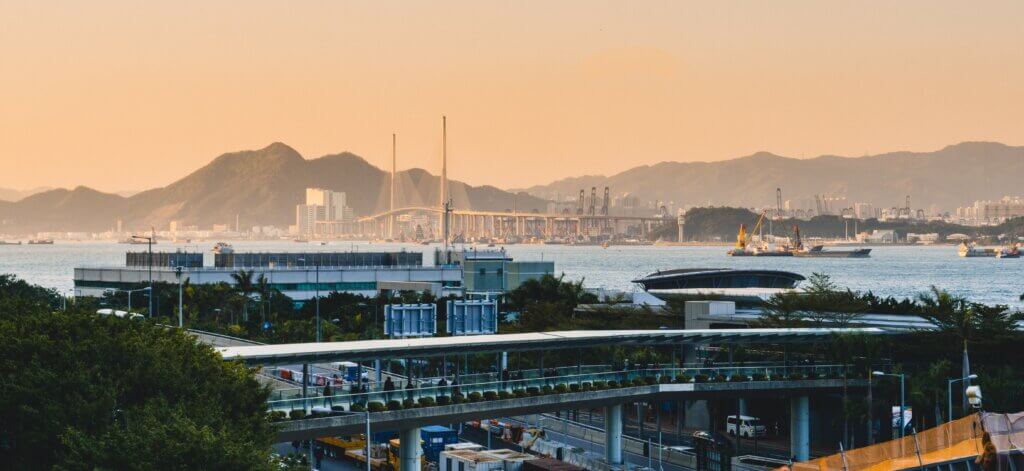
During the global online conference Transport and Climate Change Week 2022, the Sino-German Cooperation on Low Carbon Transport (CLCT) project was pleased to invite Mr Xu Honglei, vice president at the Transport Planning and Research Institute (TPRI) of the Ministry of Transport of the People’s Republic of China, to share insights on the key challenges and ongoing efforts in decarbonising China’s transport sector, and the steps needed to stimulate its green development.
From ‘Mobility-on-demand’ to ‘Mobility-as-a Service’: Promoting China’s Transition Towards Sustainable Transport Integration

The MaaS study first analyzes the definition and global practices of MaaS. Then it depicts the current landscape, stakeholders, and barriers for China’s MoD services. With field investigations in Beijing, the Guangdong-Hongkong-Macau Greater Bay Area, Shenzhen, Guangzhou, and Foshan, local trails of MaaS cases in China were made. Based on the assessment of key components towards MaaS, the study provided policy recommendations for the further integration of MoD and the development of a Chinese MaaS ecosystem to the MoT.